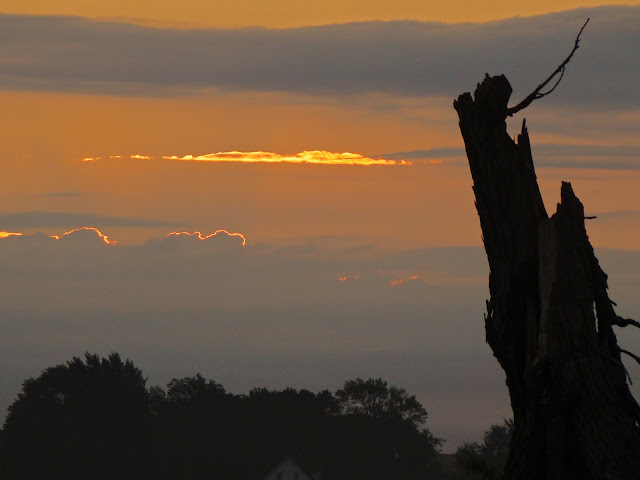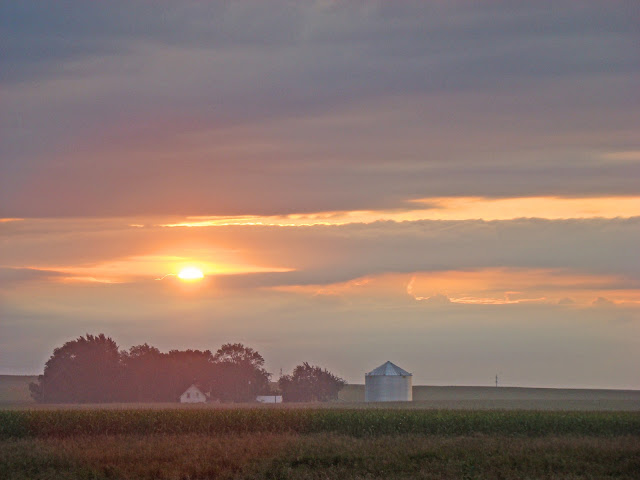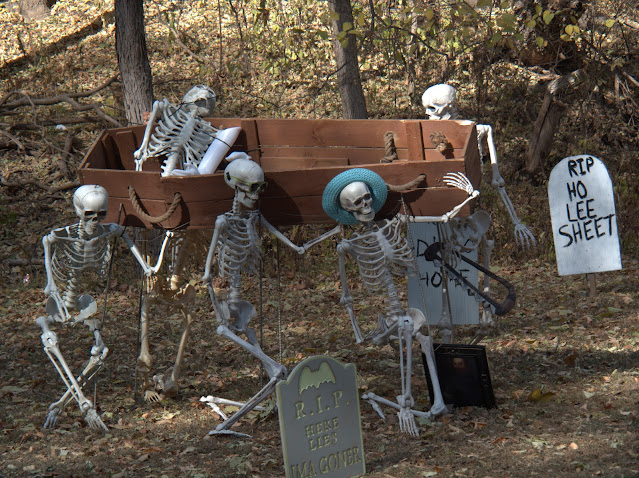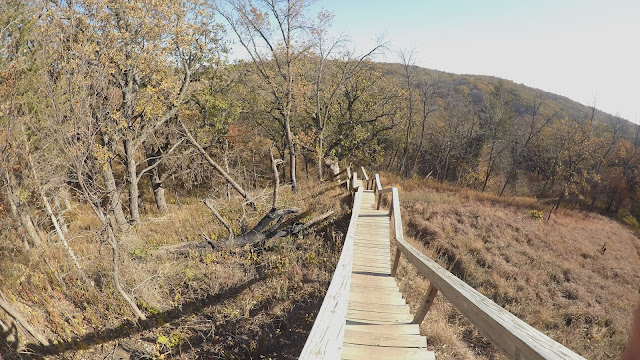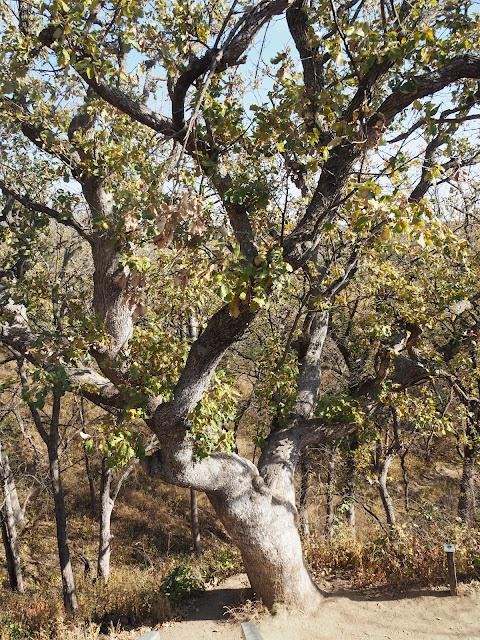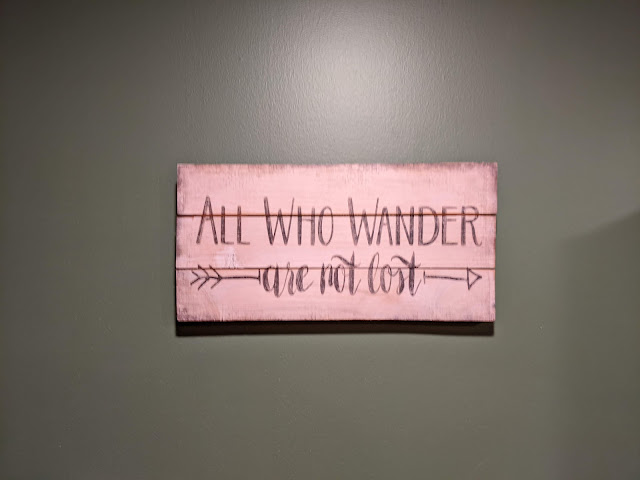They were, all of them, heroes of my childhood. I'm not sure that I thought so when I was in sixth grade, but I knew that there were those in the little Christian school I attended who most certainly wanted me to think they were--each and everyone of them, real bona fide heroes. Not just Hank Aaron or Vince Lombardi either. These men were heroes of faith. There was no higher echelon or greater order.
Zwingli was a firebrand, but then they all were. Zwingli might well have fit in better with today's Christian nationalists because he believed that God almighty needed to be at the helm of both church and state. He wasn't as driven by the importance of the sacrament (the Lord's Supper) as Luther, who largely dismissed Zwingli, didn't even think of him as a believer, despite the fact that their respective theologies were, in the currents of the day, kissin' cousins.
Huss was a hero even to Martin Luther, who claimed that when he'd uncovered, then read Huss's sermons, he was "overwhelmed with astonishment." Huss was Czech, a preacher in Prague, when he began taking on the Holy Catholic Church, and, for doing just that, he was burned at the stake way back in the 15th century. Seriously, the man was hero to my grade-school heroes.
Melanchthon, like Luther, was German, a buddy, in broad terms. Melanchthon also cast his lots with the "justification by faith" folks, which put him too at odds with the Roman Catholic Church, who made it perfectly clear to rich and poor alike in Europe that they were the means of salvation--the church, that is. Melanchthon died of a cold that wouldn't go away, nothing as dramatic as Huss the Czech.
Luther was Luther. The world I live in is still deeply influenced--his name is everywhere, his churches riding the rolling plains in every direction. He was a man who saw immense spiritual visions, but could be earthy as a blacksmith. He wasn't afraid of banging heads with authorities, but he hung on to the consecration of the sacrament more tenaciously than the others, who tangled with his views on exactly what happened when to the bread-and-wine were dished up in the mass. Him hammering up his objections at Wittenberg is the most iconic image of the Reformation.
And Calvin--well, it's my middle name, my heritage. I knew I was a Calvinist before I knew I was a Protestant, but I didn't know that others--people who weren't even religious--would recognize me as such too. When I was in grad schools, I'd often introduce myself by my middle name, at which time students and profs would arch their eyebrows as if they suddenly recognized some not-to-be mentioned weirdness.
That's when I read Calvin's Institutes of the Christian Religion, which I picked up (both volumes) because I wanted understand why others reacted the way they did when the name arose, as it does frequently in early American literature, well into the 19th century.
In grad school I learned there is a heritage to Calvinism that has very little to do with tulips and peppermints and no bikes on Sunday. In graduate school, I realized for the first time that my heritage was bigger than I ever thought it was. In graduate school, I learned that the whole Reformation was bigger than I'd ever imagined, that rich German lords threw in their lot with Luther, not because they were such dedicated believers but because they were darn anxious to begin to carve up the immense power of the church. Not until I was in graduate school did I realize that the Reformation wasn't just about Christian doctrine, it was also very much about freedom.
I understand why Halloween took over October 31st. The Reformers really can't compete with American extravaganza. We had kids once long ago, and we have two darling granddaughters who I doubt will ever know much at all about the Reformation. They'll do just fine. Two other grandchildren are in college, a Christian college. I don't imagine either of them will think much, today, about the Reformation, and they too will do just fine.
But in me there's still a kid from that little Christian school, someone with a middle name that makes some people grimace. In me is someone who can't ever forget that Halloween is also Reformation Day. So, thanks for listening.


